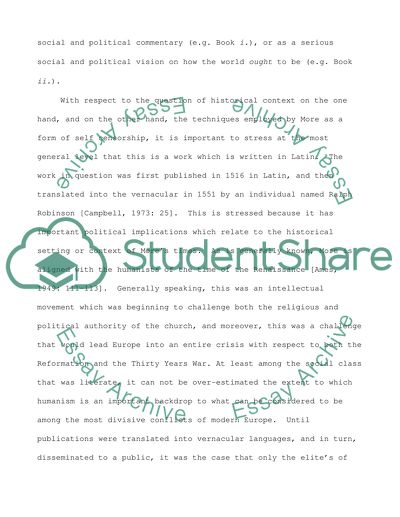Cite this document
(“Classic Book Essay Report/Review Example | Topics and Well Written Essays - 1500 words”, n.d.)
Retrieved from https://studentshare.org/history/1427436-classic-book-essay
Retrieved from https://studentshare.org/history/1427436-classic-book-essay
(Classic Book Essay Report/Review Example | Topics and Well Written Essays - 1500 Words)
https://studentshare.org/history/1427436-classic-book-essay.
https://studentshare.org/history/1427436-classic-book-essay.
“Classic Book Essay Report/Review Example | Topics and Well Written Essays - 1500 Words”, n.d. https://studentshare.org/history/1427436-classic-book-essay.


